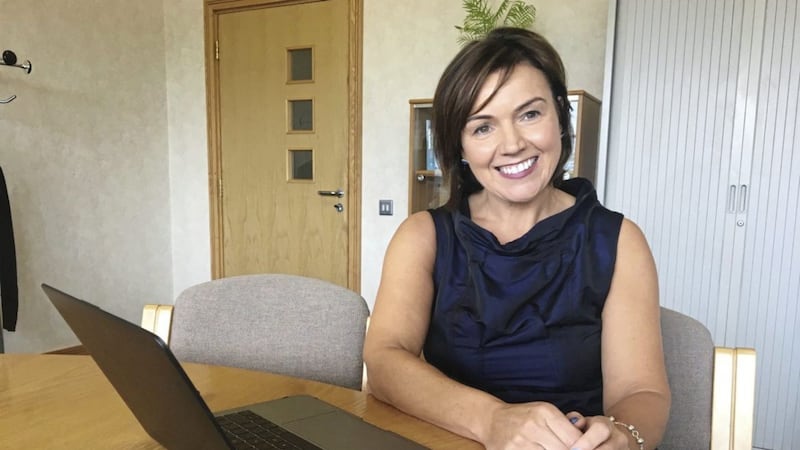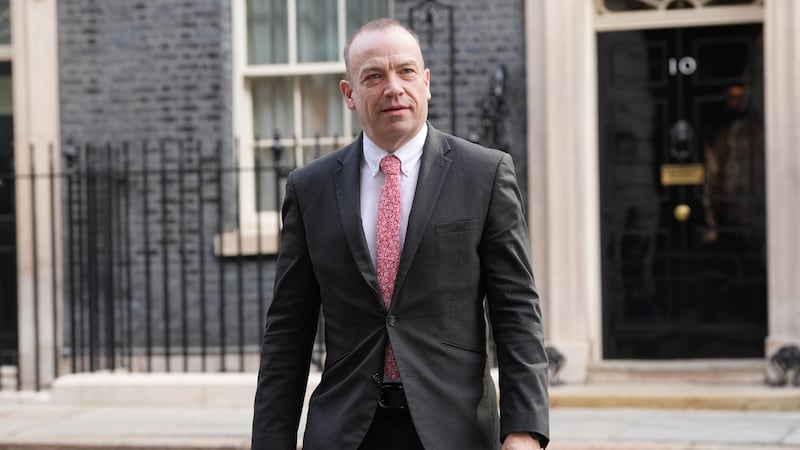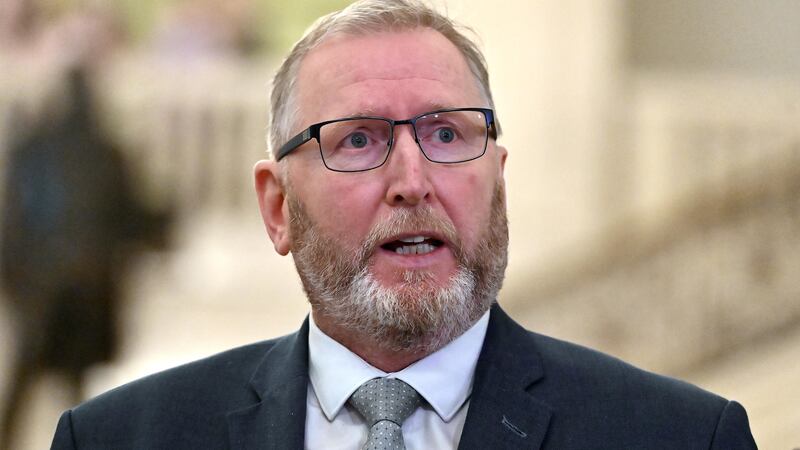HEALTH and social care services are changing.
Some of the reforms have been in the news - like proposals to reshape stroke and breast assessment care.
Others are less headline-grabbing, but still very important - such as the new inclusion unit for those who are homeless, a new approach to day surgery, and the partnership with PSNI to support people with mental health crises.
That's just a few examples from the long list of projects making a real difference, and they all come under the banner of health and social care transformation.
We're transforming a system which is in danger of collapse, and needs fundamental change at all levels if it is to be sustained.
This will make a difference to the way we access, engage with and deliver health and social care services, importantly responding to developments in modern medicine and IT.
We started a 10 year journey to transform in October 2016. The road was mapped out for us in the report 'Health and Wellbeing 2026: Delivering Together', and involves ambitious and radical reform. We’re now a quarter of the way into that timescale.
Important progress achieved to date has been detailed in a newly published report, featuring many of the new projects we hope to grow and develop.
We have still a long way to go. Without transformation, the serious problems in our health and social care system will rapidly get much worse.
Demand for care is growing all the time. People are living longer and that means more older people with complex needs. We have to find better ways to cope with that rising demand in our society.
Medicine doesn’t stand still either. In some cases, it’s better for patients to have hospital care consolidated in regional centres of excellence. That might mean longer travel times for some people. But it also means concentrating expertise, with more resilient and reliable services, larger clinical teams with more scope for specialisation, and greater success in attracting and retaining staff.
Most importantly, it means world class care, and better access to it. Consolidating stroke services, for example, will secure 24 hour provision of thrombectomy – the revolutionary clot removal procedure. Not changing is not an option.
Hospital waiting times represent one of the biggest problems we are facing.
Bringing day surgery services together on standalone centres is one of the key solutions.
But transformation is not just about what happens in hospitals. Many services are best delivered in or close to our homes, helping us to stay well.
So that’s why we're also developing new initiatives at GP centres - with social workers, mental health specialists and physios based at community level.
Additionally, we are training GPs to undertake some assessments and procedures previously only done in a hospital setting.
It won't be easy. Changing services that have served us well for generations never is.
Sustained investment and political leadership will be required to deliver the right results.
No one is under any illusions about the scale of the challenges we are facing.
But there is widespread agreement that transformation offers genuine hope for the future.



